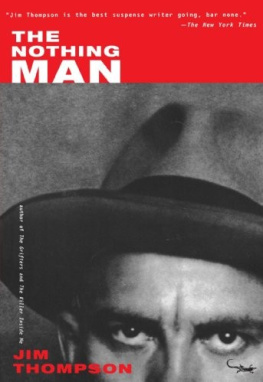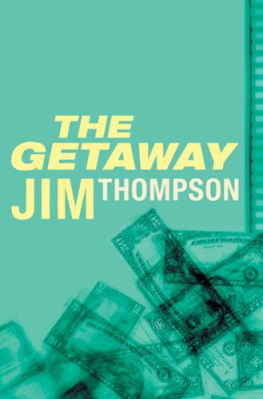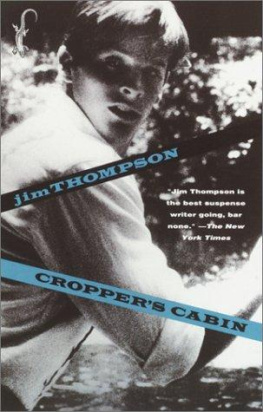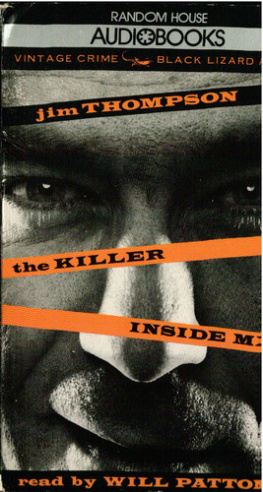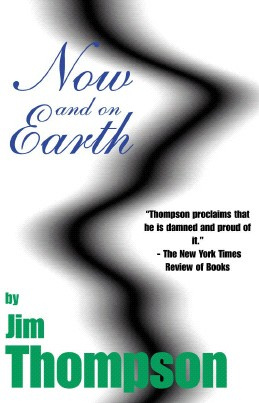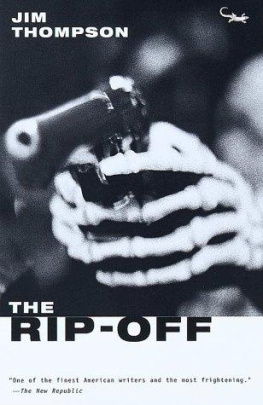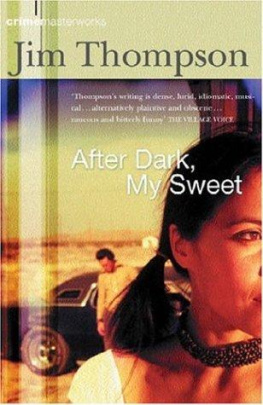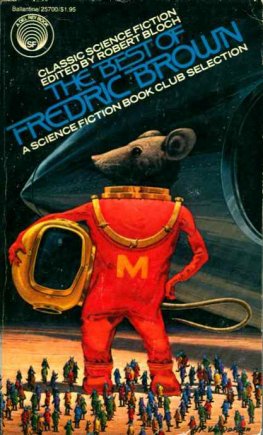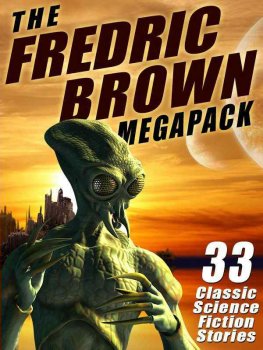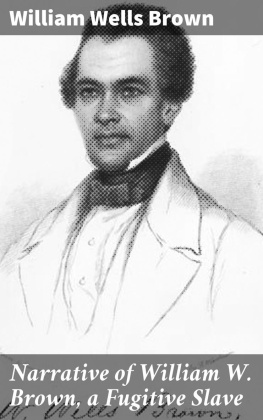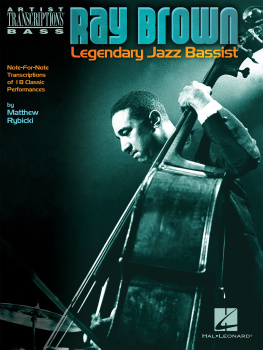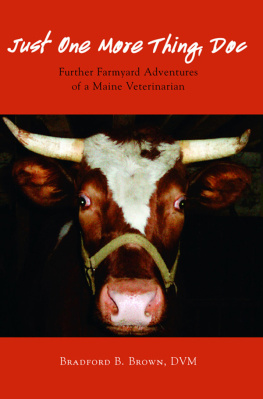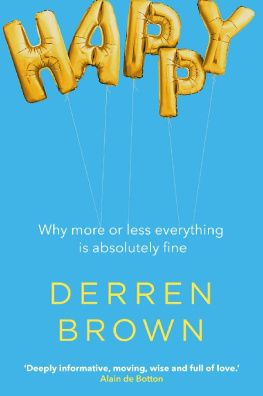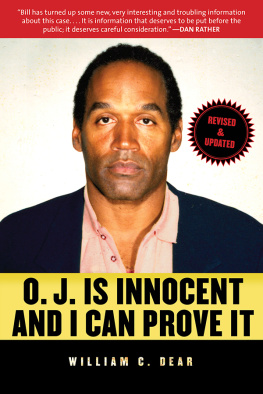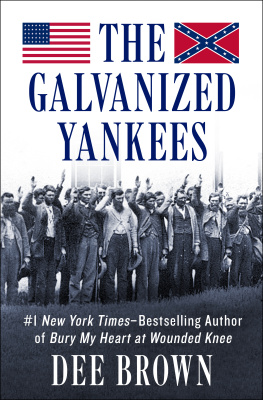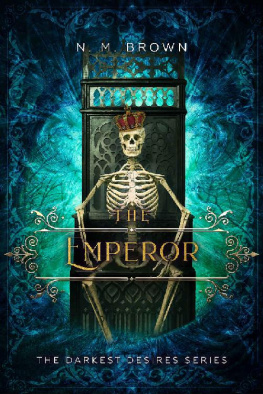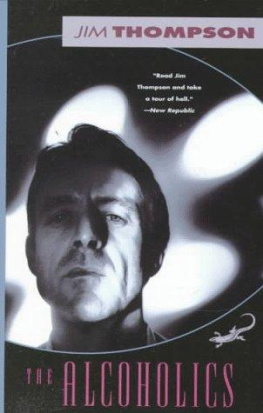Well, they are all gone now, all but me: all those clear-eyed, clear-thinking people-people with their heads in the clouds and their feet firmly on the ground-who comprise the editorial staff of the Pacific City
Courier. Warmed with the knowledge of a day's work well done, they have retired to their homes. They have fled to the sweet refuge of their families, to the welcoming arms of brave little women and the joyous embrace of laughing kiddies. And with them has gone the clearest-eyed, clearest-thinking of them all, Dave Randall, none other than the
Courier's city editor.
He stopped by my desk on his way out, his feet firmly on the ground-or, I should say, the city room floor-but I did not look up immediately. I was too shaken with emotion. As you have doubtless suspected, I have a poet's heart; I think in allegories. And in my mind was an image of countless father birds, flapping their weary wings to the nests where the patient mother birds and the wee little birdies awaited them. And-and I say this unashamed-I could not look up. All the papa birds flapping toward their nests, while I- Ah, well. I forced a cheery smile. I had my family; I was a member of the happy Courier family-clear-eyed, clearthinking. And what bride could be finer than my own, what better than to be wed to one's work?
Dave cleared his throat, waiting for me to speak; then he reached over my shoulder and picked up an overnight galley on my column, _Around the Town With Clinton Brown_. The _Courier_ is generous in such matters, I should say. The _Courier_ believes in giving its employees an opportunity to "grow." Thus, desk men may do reporting; reporters may work the desk; and rewrite men such as myself may give the fullest play to the talents which, on so many newspapers, are restricted and stunted by the harsh mandates of the Newspaper Guild.
We take no dictation from labor bosses. Our protector, our unfailing friend and counselor, is Austin Lovelace, publisher of the Courier. The door to his office is always open, figuratively speaking. One may always take one's problems to Mr. Lovelace with the assurance that they will be promptly settled. And without "outside interference."
But I shall touch on these things later. I shall have to touch upon them since they all figure, to an extent, in what the head-writers term the Sneering Slayer murders, and this is the story of those murders. For the nonce, however, let us get back to Dave Randall.
He laid the column galley back on my desk, clearing his throat again. He has always-well, almost always-had trouble in talking to me; and yet he insists on talking. One almost feels at times that he has a guilty conscience.
"Uh, working pretty late, aren't you, Brownie?"
"Late, Colonel?" I said. I had gained control of myself at last, and I gave him a brave, clear-eyed smile. "Well, yes and no. Yes, for a papa bird with a nest. No, for a restless, non-papa bird. My work is my bride and I am consummating our wedding."
"Uh I notice your picture is pretty badly smudged. I'll order a new cut for the column."
"I'd rather you didn't, Colonel," I said. "I think of the lady birds, drawn irresistibly by my chiseled, unsmudged profile, their tail feathers spread in delicious anticipation. I think of their disappointment in the end-you should excuse the pun, Colonel. As a matter of fact, I believe we should dispense with my picture entirely, replace it with something more appropriate, a coat of arms say-"
"Brownie-" He was wincing. I had barely raised the harpoon, yet already he was wincing. And there was no longer any satisfaction in it for me-if there had ever been any-but I went on.
"Something symbolic," I said. "A jackass, say, rampant against two thirds of a pawnbroker's sign, a smug, allwise-looking jackass. As for the device, the slogan-how is your Latin, Colonel? Can you give me a translation of the phrase, 'I regret that I had only his penis to give to my country'?"
He bit his lip, his thin face sick and worried. I took the bottle from my desk and drank long and thirstily.
"Brownie, for God's sake! Won't you ever give it up?"
"Yes," I nodded. "Word of honor, Colonel. Once this bottle is finished I shall not drink another drop."
"I'm not talking about that. Not just that. It's-everything else! You're getting too raw. Mr. Lovelace is bound to-"
"Mr. Lovelace and I," I said, "are spiritual brothers. We are as close as two wee ones in the nest. Mr. Lovelace would think my motives lofty, even should I turn into a pigeon and void on his snowy locks."
"You'll probably do it," said Dave, bitterly.
I hate to see a man bitter. How can you have that calm objectivity so necessary to literary pursuits if you are bitter?
"Yes, you'll do it," he repeated. "You won't stop until you're fired. You'll keep on until you're thrown out, and I have to-"
"Yes?" I said. "You mean you'd feel it necessary to leave also? How touching, Colonel. My cup runneth over with love-of, need I say, a strictly platonic nature."
I offered him a drink, jerking the bottle back as he tried to knock it from my hands. I took a drink myself and advised him to flee to the bosom of his family. "That is what you need, Colonel," I said. "The cool hand of the little woman, soothing away the day's cares. The light of love and trust that shines from a kiddie's-"
"Goddam you, shut up!"
He yelled it at the top of his lungs. Then he was bending over my desk, bracing himself with his hands, and his eyes and his voice were tortured with pleading and helplessness and fury. And the words were pouring from his mouth in a half-coherent babble.
Goddamit, hadn't he said it was a mistake? Hadn't he admitted it was a boner a thousand times? Did I think he'd deliberately send a man into a field of anti-personnel mines? It was a tragedy. It was a hell of a thing to happen to any man, and it must be ten times as hard when the guy was young and good-looking, and-and it was his fault. But what more could he do than he'd already done? What did I want him to do?
He choked up suddenly. Then he straightened and headed for the door. I called after him. "A moment, Colonel. You didn't let me finish."
"You're finished!" He whirled, glaring at me. "That's one thing you're finished with. I warn you, Brownie, if you ever again call me Colonel, I'll-I'll-Well, take my tip and don't do it!"
"I won't," I said. "That's what I wanted to tell you. I'm cutting it all out. Everything. After all, it was just one mistake in a war full of mistakes. You'll never have any more trouble with me, Dave."
He snorted and reached for the door. He paused and looked at me, frowning uncertainly. "You-you almost sound like you meant that."
"I do. Every word of it, Dave."
"Well"-he studied me carefully-"I don't suppose you do, but-"
He grinned tentatively, still studying me. Slowly the suspicion went out of his eyes and the grin stretched into a broad, face-lighting smile. "That's great, Brownie! I'm sorry I blew my top a moment ago, because I do know how you feel, but-"
"Sure," I said. "Sure you do. It's all right, Dave."
"Why don't you knock off for the night? Come out to the house with me? I'll open a bottle, have Kay cook us up some steaks. She's been after me to bring you home to dinner."
"Thanks," I said. "I guess not tonight. Got a story I want to finish."
"Something of your own?"
"We-ell, yes," I said. "Yes, it's something of my own. A kind of melodrama I'm building around the Sneering Slayer murders. I suppose it'll baffle hell out of the average who-dunit reader, but perhaps he needs to be baffled. Perhaps his thirst for entertainment will impel him to the dread chore of thinking."
"Great!" Dave nodded earnestly. He hadn't, of course, heard anything I'd said. "Great stuff!"

